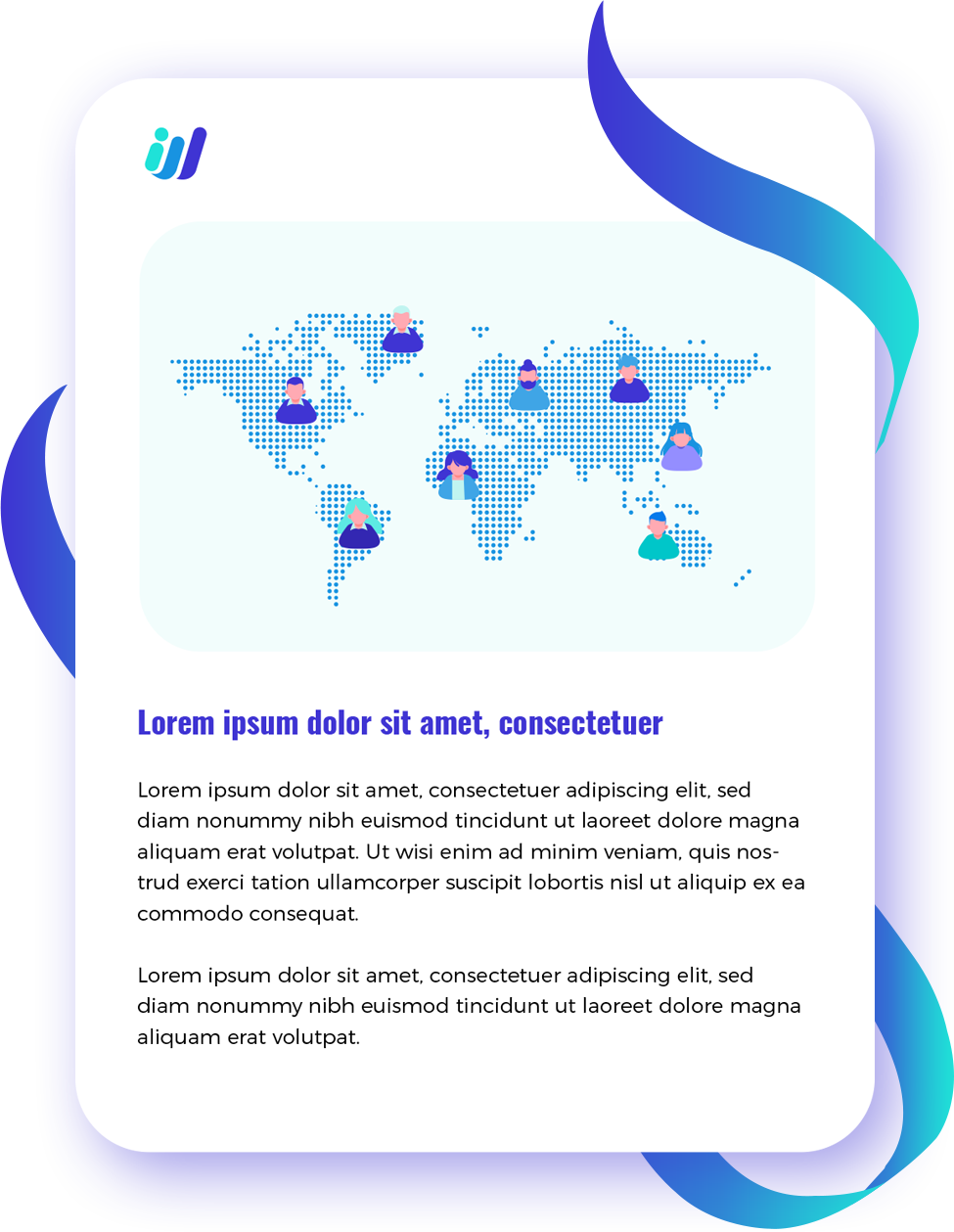Outsourcing has always been a cornerstone of business efficiency. From its early days as a cost-cutting measure to today’s agile business partnerships, outsourcing is evolving faster than ever. As we look toward 2025 and beyond, a new chapter is being written—The Third Wave of Outsourcing. This wave is about more than offloading work; it’s a fundamental shift driven by technology, strategic partnerships, and the global talent pool. Businesses that embrace these changes are poised not just to survive, but to thrive.
Here’s what you need to know to stay competitive in the future of outsourcing.
AI and Automation: The New Normal in BPO
Artificial Intelligence (AI) and automation are not just buzzwords; they are transforming the business process outsourcing (BPO) landscape. According to Deloitte, 73% of companies are integrating AI to enhance process efficiency, and outsourcing providers are leading this charge.
AI in Action
Imagine customer support that anticipates issues before they arise or data entry that never tires. AI-powered tools are streamlining repetitive tasks, reducing the need for human intervention while increasing accuracy. Generative AI is also revolutionizing content creation and feedback analysis, helping businesses refine their customer engagement strategies.
Implications of AI and Automation
-
- Cost Efficiency: Automation cuts operational costs by reducing reliance on human labor for repetitive tasks.
-
- Enhanced Accuracy: Unlike humans, AI doesn’t suffer from fatigue, resulting in higher quality and error-free deliverables.
-
- New Skill Requirements: To leverage AI, companies must upskill their workforce to collaborate effectively with AI-driven systems.
Strategic Partnerships: Beyond Cost Savings
Traditional outsourcing focused purely on cost reduction. But the future belongs to strategic partnerships—collaborations that drive innovation and add value. A Gartner study predicts that by 2025, 60% of companies will integrate outsourcing providers into their strategic planning.
Why Strategic Partnerships Matter
-
- Collaborative Models: Providers are now business advisors, offering insights to help companies adapt to shifting markets.
-
- Long-Term Engagements: Companies are favoring longer contracts to build deeper, more fruitful relationships.
-
- Customized Solutions: Services tailored to specific business needs—whether scaling up for busy seasons or downsizing during slow periods—will be the norm.
Nearshoring: Bringing Operations Closer to Home
Nearshoring, or outsourcing to neighboring countries, is gaining traction due to its advantages in communication, cultural alignment, and speed. This trend balances cost savings with operational efficiency, making it a strategic choice for 2025 and beyond.
Key Benefits of Nearshoring
-
- Time Zone Alignment: Real-time collaboration improves decision-making and workflow efficiency.
-
- Reduced Supply Chain Risks: Nearshoring minimizes global uncertainties, such as those experienced during the COVID-19 pandemic.
-
- Agility and Innovation: Proximity fosters faster adaptation and hands-on problem-solving.
Data Security and Compliance: A Top Priority
With digital transformation accelerating, data security is more critical than ever. The cost of a data breach in 2023 averaged $4.45 million, according to IBM. To remain competitive, outsourcing providers must prioritize robust security and compliance measures.
What to Expect in 2025
-
- Advanced Cybersecurity: Investments in blockchain, encryption, and other innovative tech to protect data.
-
- Transparency: Clear protocols for data handling and breach response.
-
- Certification Requirements: Standards like SOC 2 and ISO 27001 will become the norm.
The Gig Economy: A Flexible Workforce
The rise of gig workers is reshaping how businesses approach outsourcing. According to McKinsey, 36% of American workers identify as gig workers. For businesses, this means access to specialized talent without the long-term commitment of full-time hires.
Benefits and Challenges
-
- Scalability: Businesses can expand or contract their workforce based on demand.
-
- Specialized Talent: Freelancers bring niche expertise to projects.
-
- Integration Challenges: Ensuring seamless collaboration between in-house teams and gig workers requires strategic oversight.
Sustainability and Ethical Outsourcing: A Growing Expectation
Sustainability is no longer optional. 70% of consumers now consider sustainability when choosing a brand, according to McKinsey. This pressure is trickling down to outsourcing providers, who must adopt eco-friendly practices to stay competitive.
Sustainability in Outsourcing
-
- Green Policies: Digitizing processes and investing in energy-efficient systems.
-
- Social Responsibility: Fair labor practices and community engagement.
-
- Client Alignment: Businesses will favor outsourcing partners who reflect their sustainability values.
Preparing for the Third Wave
The Third Wave of Outsourcing is a global game-changer. It’s about leveraging technology, building strategic relationships, and tapping into the world’s best talent—no matter where they are. The future is collaborative, innovative, and driven by AI and automation. Companies that embrace these trends are positioning themselves for growth, efficiency, and long-term success.
As we approach 2025, the question isn’t whether you should adapt to the Third Wave—it’s how fast can you?
Are you ready to embrace the future of outsourcing? The best talent is out there, and the future belongs to those who find it.
Ready to Explore Third Wave Outsourcing?
Let’s connect and explore how Third Wave Outsourcing can empower your business. Contact us today for a FREE copy of our e-book on Third Wave Outsourcing and discover the potential of this transformative business strategy.


